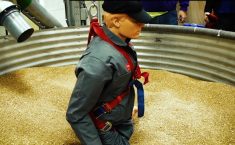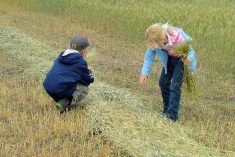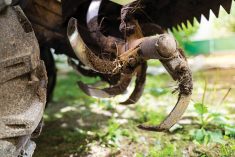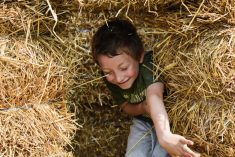Long days spent alone. Extreme weather events. Unpredictable markets. Finances. Disease. The list goes on. There’s no question that farming is a stressful occupation.
There’s also no question that farming is unlike any other occupation. And that raises the question of how to ensure services and supports reflect the unique stressors and demands of the industry.
That’s exactly what a patient-oriented research project in Saskatchewan is looking into. The Farmer and Rancher Mental Health (FARMh) initiative, which launched in January 2021 and recently wrapped up its first phase, aims to identify mental health supports that best meet the needs of Saskatchewan producers.
Read Also
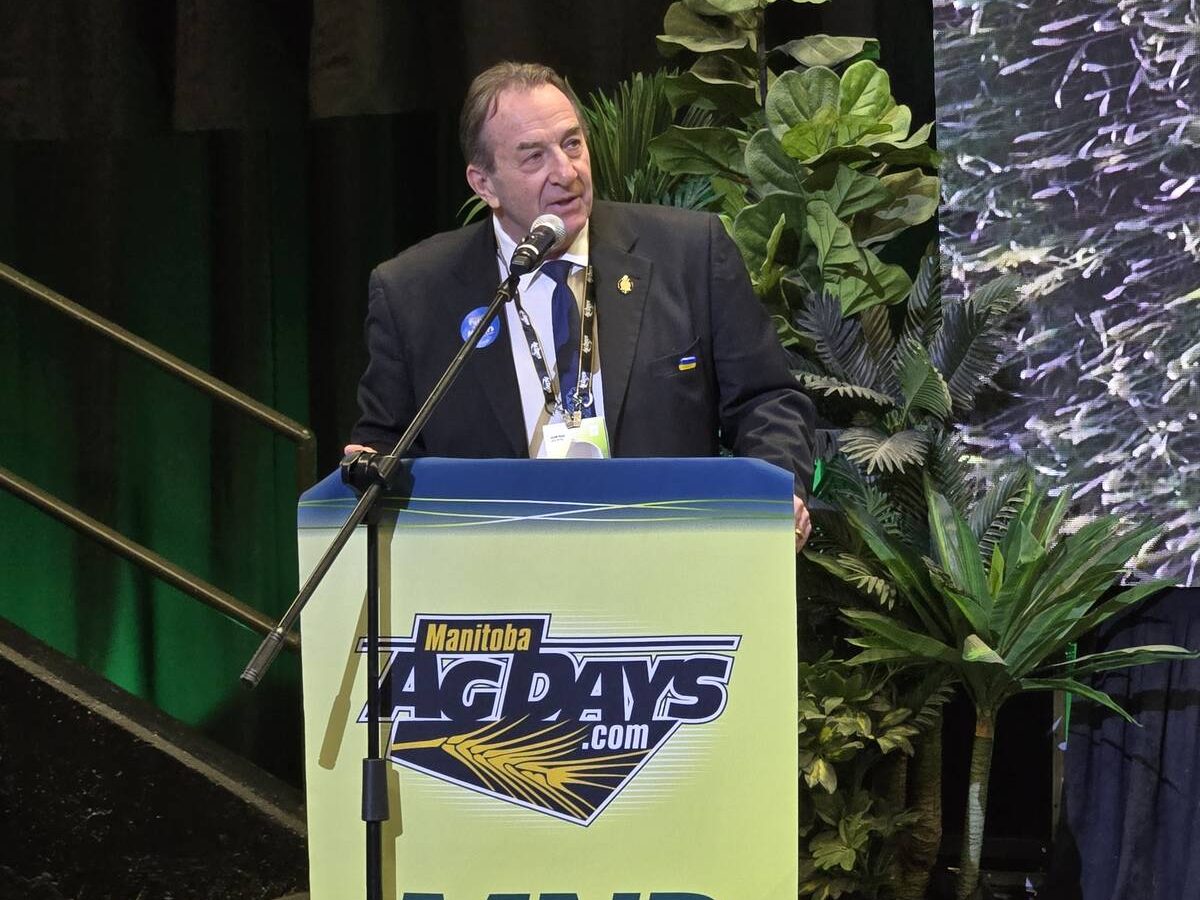
Manitoba crop insurance expands wildlife coverage, offers pilot programs
New crop insurance coverage is available to Manitoba farmers.
“Farmers and ranchers are experiencing stress all the time and they are burnt out,” explains Michelle Pavloff, research chair for rural health at Saskatchewan Polytechnic and the principal investigator for the FARMh initiative. “We didn’t want to have a study exploring if they are depressed or anxious because good work has already been done in that area. We are taking the next step and saying ‘OK, so now what do we do?’”
Barriers to mental health supports
For the FARMh team, a key aspect of taking that next step has involved defining farm culture to determine what resources or interventions would be “farm friendly” and identify barriers to mental health supports.
“We identified early in the study when we were designing it that farm culture is not really well defined and it’s difficult to meet the mental health needs in a way that is farm culturally sensitive if we don’t really know what farm culture means,” Pavloff says, adding preliminary data found farm culture defined by family interactions, individual characteristics, a duty of work and a sense of community.
Of the 100 producers who participated in the first phase of the study, Pavloff says the majority expressed frustration with existing mental health supports that don’t understand or acknowledge the unique demands of farm culture. In fact, more than 80 per cent of participants said they want other producers trained in mental health to be the ones providing them with peer support, she adds.
Define farm culture
“One of the barriers to accessing mental health supports we heard from producers was having support systems available that are specific to farmers and ranchers, where the practitioners really understand farm culture,” says Pavloff. Producers said they could tell right away if someone ‘gets’ farming, she notes. “For producers, it’s crucial to be understood and heard.”
Shari Laventure is one of the patient-family partners on the interdisciplinary research team, all of whom have a rural or farming background. She echoed Pavloff’s comments about the importance of defining farm culture for mental health supports.
“Talking about mental health is not an easy conversation, especially for the ag community. We know producers are very stoic, very proud. They’re the fixers and they believe they should be able to fix their mental health as well and don’t want to share that they can’t,” says Laventure, a marketing specialist for Cargill who comes from a farming family.
“Agriculture is an entity unto itself — that’s why the farm culture aspect is so important. The needs and supports of producers are going to be different than the rest of the population.”
The issue of improved mental health supports for producers is one that hits close to home for Laventure. In 2015, she lost her brother to suicide.
“My brother was the happiest man in the room, he was always laughing. But he struggled his whole life with mental illness,” Laventure says. “We have to eliminate the picture people have in their minds of what mental illness looks like. Sometimes mental illness looks like the happiest person in the room. They’re just good at hiding it.”
For Laventure, being on the research team and helping conduct interviews with farmers and ranchers has been rewarding and a “very gratifying way to make sense of the loss.”
“Participating in this study has enabled me to feel some sort of purpose out of losing my brother. When you lose somebody there is a natural grieving process you go through. But when you lose somebody to suicide it is a whole different grief,” she explains. “My goal of being part of this study is if I save one family from going through what my family went through then it has been worthwhile.”
Moving into the second phase of the FARMh initiative, the project team has several pilot projects it hopes to roll out over the next year. The team has already partnered with many organizations to provide interventions, including the Massage Therapy Association of Saskatchewan, Seniors Centres Without Walls Saskatchewan, and YOUth Matter Canada.
And while the FARMh initiative has a Saskatchewan focus, Pavloff hopes the study’s findings can ultimately be utilized to support producers elsewhere in Canada.
“I am hoping that out of our initiative from our tiny project we will have Saskatchewan-specific resources available but ones that can be replicated in other places across Canada that would be beneficial to help their producers as well.”
– Erin Kelly for the Canadian Agricultural Safety Association





